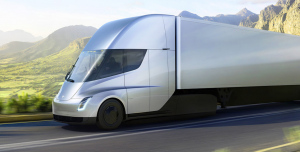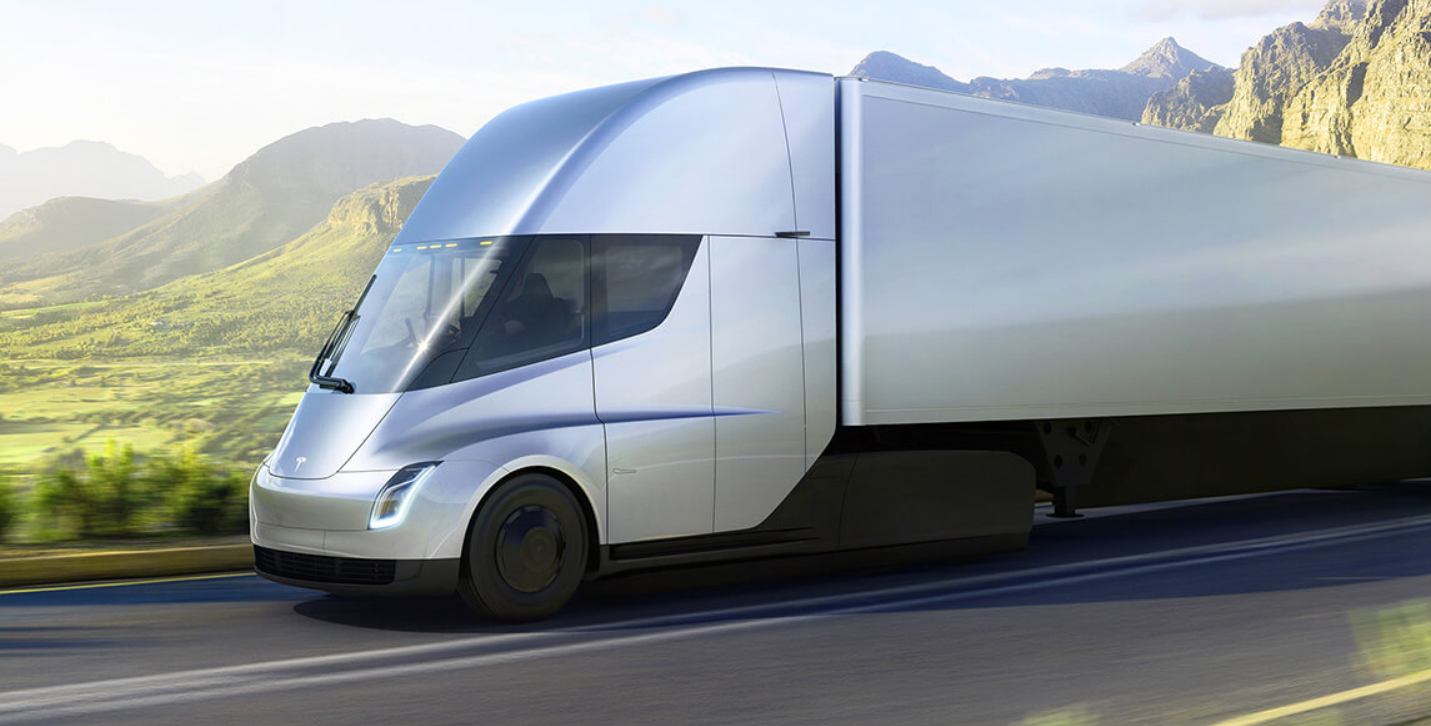Tesla Semi’s Production Starts

Elon Musk announced last Wednesday on Twitter the volume production of the Tesla Semi. Production of the battery and the powertrain will take place at the Nevada Gigafactory. The all electric Tesla truck has been in limited production so far, due to a lack of battery cells. The Tesla Semi is provided with an Autopilot mode and has 4 independent motors. The project is led by Jerome Guillen, a french engineer who also worked for Daimler and successfully developed the Cascadia truck.
The Tesla Semi costs $150 000 but according to Tesla, the electric truck can save $200 000+ in fuel. Tesla Semi can reach a speed of 60 km/h and has a maximum range of 500 km.
Great Idea for ID3

Volkswagen launched the presales for its ID3 model, the brand’s first “ID” electric vehicle, on June 17. The deliveries of the vehicle will start in September and will be available only in 8 European countries for the moment, in limited edition. The company also started selling the EV’s home-charging devices which offers faster and safer charging. The home-charging device, called Wallbox comes in 3 different versions, with a price range from €399 to €849 and a charging power up to 11 kw. The pricier versions connect to a smartphone and control the charging process.
Volkswagen aims to sell 1 million EVs per year starting in 2025.
EVs in Poland
Poland has offered EV subsidies – up to €8 500 – and incentives for several past years. The Polish Ministry of Energy plans to reach 1 million registered EVs by 2025. 50 000 EVs are currently registered in Poland but this number may grow. EVs are free from duties and parking fees and their drivers are even allowed to drive on bus lanes to fly past other motorists stuck in traffic.
The European Investment Bank (EIB) even grants a €125m loan to Poland to help providing EV battery materials factory. Earlier this year, the EIB already granted a €480m loan to the LG Chem Group for its Polish subsidiary. This first loan aims to support the construction of manufacturing facilities for lithium-ion cells.
Teresa Czerwińska, EIB Vice-President, said: “The trend towards the electrification of the automotive industry is gaining ground and in this context it is important to develop a European capacity across the full value chain of EV battery production”.
Your Tacos are Waiting at the Window!

The american Group Honeywell estimates the flying vehicle industry such as taxis and deliveries by drones to grow up to $120m in 2030. The company hopes to reach a 20% market share. 4 days ago, Honeywell opened a new division dedicated to autonomous driving. But the company is not producing the electric flying vehicles. Honeywell’s core business consists in steering systems. They already work with the german electric helicopter company Velocopter to build the Velocity, a flying taxi.
The demand for drone deliveries boomed according to Wing, an Alphabet’s subsidiary. Wing is the drone delivery service currently available in the city of Christiansburg (Virginia, USA) for testing.
Nanjing Vertical Forest

Did you know that almost half of the world’s constructions will take place in China in the following years? However, China buildings’ energy doubled between 2001 and 2016. With construction representing one fifth of the overall national pollution, urban sustainability became a real concern.
Some solutions are already implemented such as the “vertical forests” with vegetation covering buildings to provide fresh air. These vertical forests have been first implemented in Italy by the architect Stefano Boeri , and will conquer China. Two Green Towers , 200 metres and 108 metre high, have been designed by the Italian architect and will be build in the city of Nanjing. The project called “Nanjing Vertical Forest” were set to be completed at the end of 2020 but has been delayed due to coronavirus.



